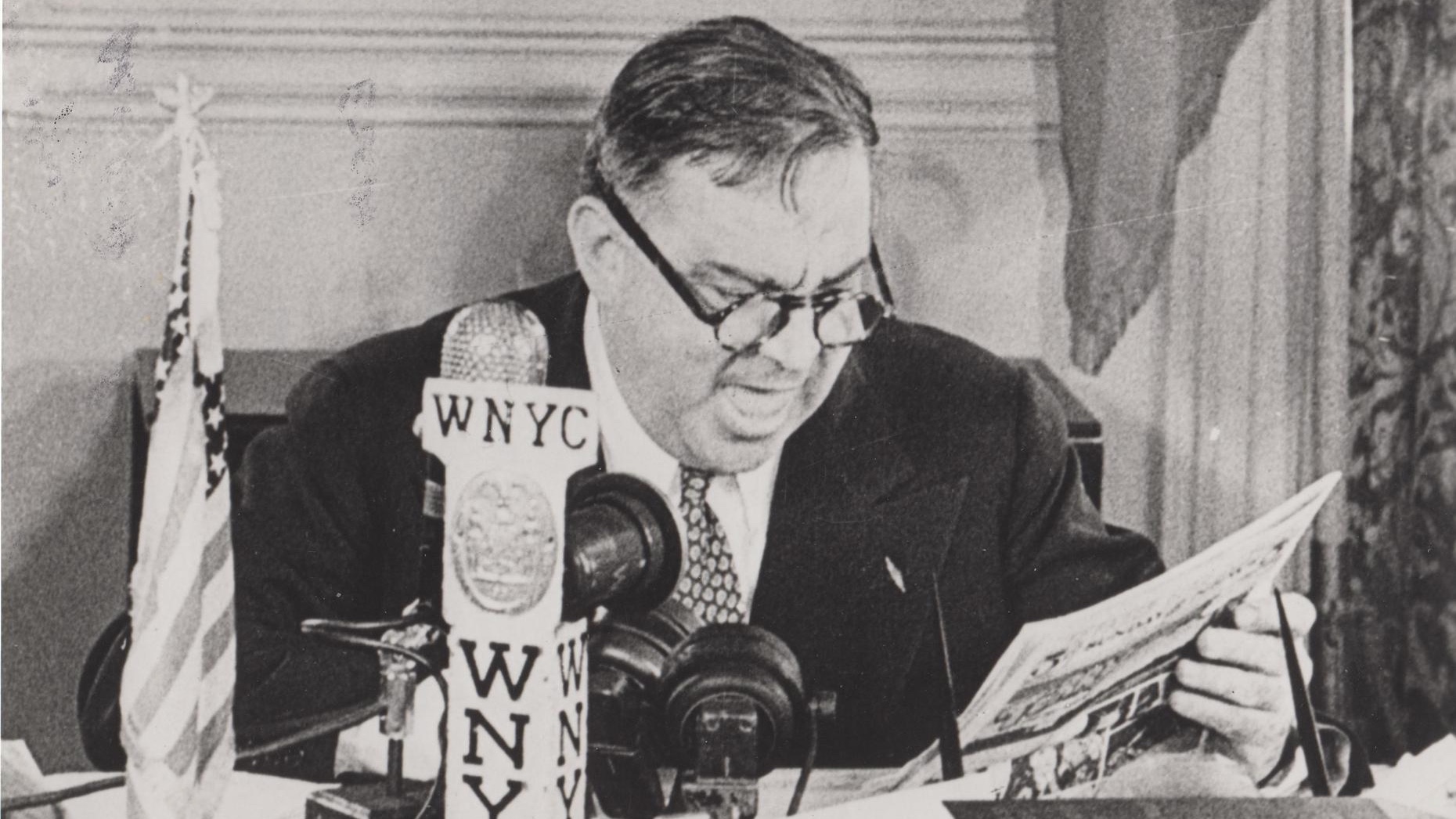A new health podcast from WNYC Studios tries to engage listeners beyond the usual call-ins
This article first appeared on Nieman Lab and is republished here under a Creative Commons license.
“You are a terrible listener. Has anyone ever told you that before?” host Mary Harris asked last week on WNYC’s new health-oriented podcast Only Human, one of the shows developed within the station’s shiny new podcast division WNYC Studios. “This week, we’re going to help you become a better listener.”
Only Human, which is currently podcast-only, is trying to leverage the loyalty and enthusiasm of WNYC’s existing audiences by engaging them in a dedicated week of offline challenges around improving their listening. They’re also encouraged to share data from an online quiz and a hearing test app.
Health shows can descend into the didactic, excessively scientific, or overly broad, and Only Human wants to avoid all those traps, the show’s host and managing editor Mary Harris told me. Listeners are typically asked to call in or email a voice memo to WNYC, but the show’s producers wanted to create different participation options for different types of listeners, from those who are accustomed to the radio segment format to those who exclusively listen to podcasts on their phones.
“From a listener or a user perspective, I think we all like little treats,” Harris said. “The hearing test app is kind of like a game. It’s partnering with our listeners to make health into something that isn’t just going to the doctor’s office.”
The show partnered with an iPhone app called Mimi, which allows users to administer a quick hearing test themselves and then receive their “hearing age.” (More than a few listeners wrote in protesting that the test was only available as an app for iOS 8, but Mimi is one of the many free hearing test options out there, and ultimately the goal is to push listeners to think about an aspect of personal health that usually gets less attention.)
Rather than build an app of its own the way WNYC did with the “Clock Your Sleep” project, the Only Human team chose an already available hearing test app and worked with its developers to integrate a few show-specific questions into the app and add an option to share results. (The reasons for not building in-house were the usual suspects: Time and resources.) Those who took the separate Mimi hearing test were also prompted to sign up for Only Human’s newsletter and asked whether they’d be comfortable sharing their thoughts about their results.
“There’s been a huge growth in mobile health apps — if you add a little device to your smartphone, you can track your heart rate, send a photo of your kid’s ear to your doctor — and this gave us a lot of opportunities to explore,” said Elaine Chen, who works on data and engagement projects for Only Human. “If we had existed as just a radio show years ago, it would have been harder to find ways to engage the audience deeply.”
In addition to the app, the team also built a simple online quiz for listeners (especially, perhaps, those who didn’t want to or couldn’t download another separate app) to determine their “listening style.” So far, about 4,000 people have downloaded the show’s Mimi app and shared data, and about 2,200 took the online listening quiz.
“Hearing is a potentially very dry topic, but things like the ‘hearing age’ and the ‘listener type’ make it a bit more accessible,” Chen said. “It allows people to compare themselves, maybe over social media. It combines that fun Internet quiz stuff with a more serious, self-administered hearing test.”
Each day last week, as part of the show’s Listen Up! engagement week, Only Human released short episode challenges with accompanying web videos, designed to get listeners to unglue themselves from their phones and try out listening exercises in the real world. Challenges included a memorization test and a mirroring game; Harris also interviewed experts from improv comedians to a memory champion for relevant tips. These challenge podcast episodes were teased on Morning Edition that week; next January, the podcast will start a regular relationship with Morning Edition.
Listen Up! week was modeled in part after another WNYC show, Note to Self, which launched a week of challenges at the beginning of this year to get listeners to detach from their phones, and encouraged them to share their phone usage data with the show.
“These challenges gives us another way to talk to listeners, and also a different way to receive wisdom from them, which is really important for a health-oriented show,” Harris said, adding that the podcast format allows for much more flexibility in terms of length, show rhythm, content.
Only Human has savvy listeners, Harris said, attributing some of the show’s growth in the past month to promotional spots for it on other WNYC podcasts — “you want to get people who are already in the space, who already know how to download a podcast.”
“We’re so privileged to be able to work within WNYC Studios,” she said. “We’re working on a more-reported show, and it takes a lot of man- and womanpower to put together all these pieces.”
“I’ve worked at other public radio stations, and I have to say the quality of the WNYC audience is very different,” Chen said. “This is something we’re lucky to have to build on. Even though we’re new, we’re working within an institution a lot of listeners admire and love.”







